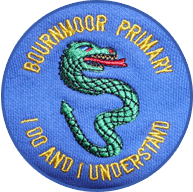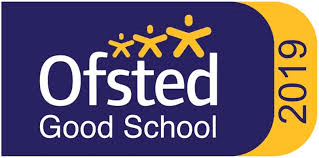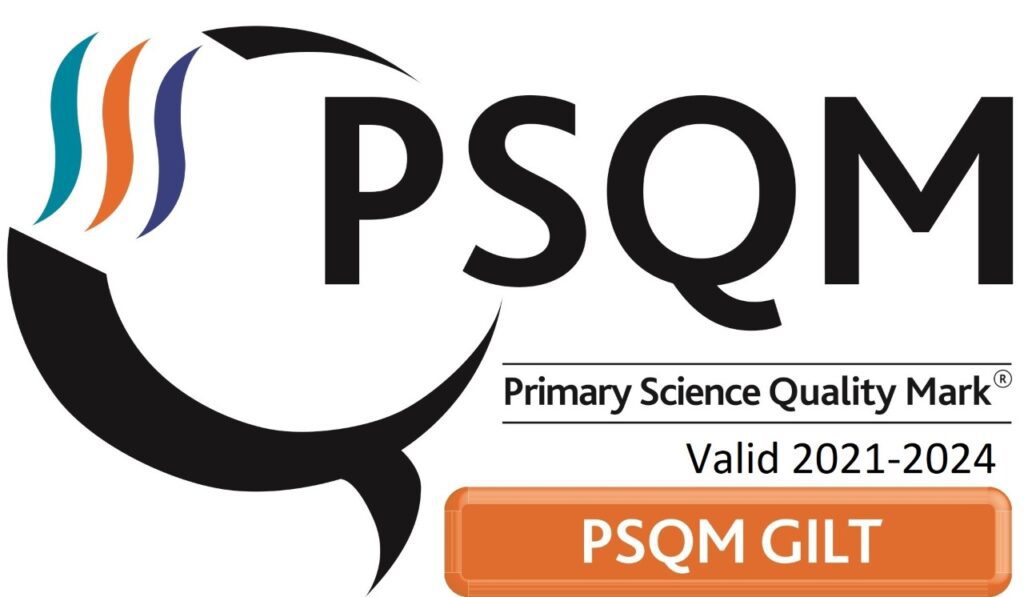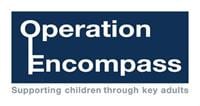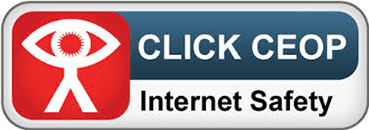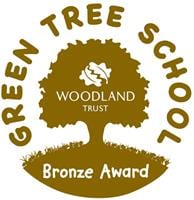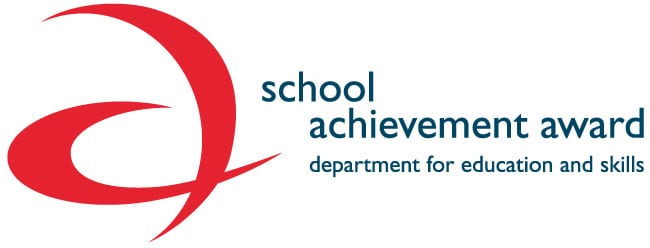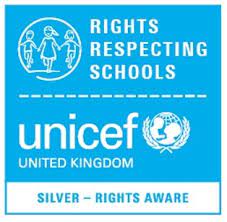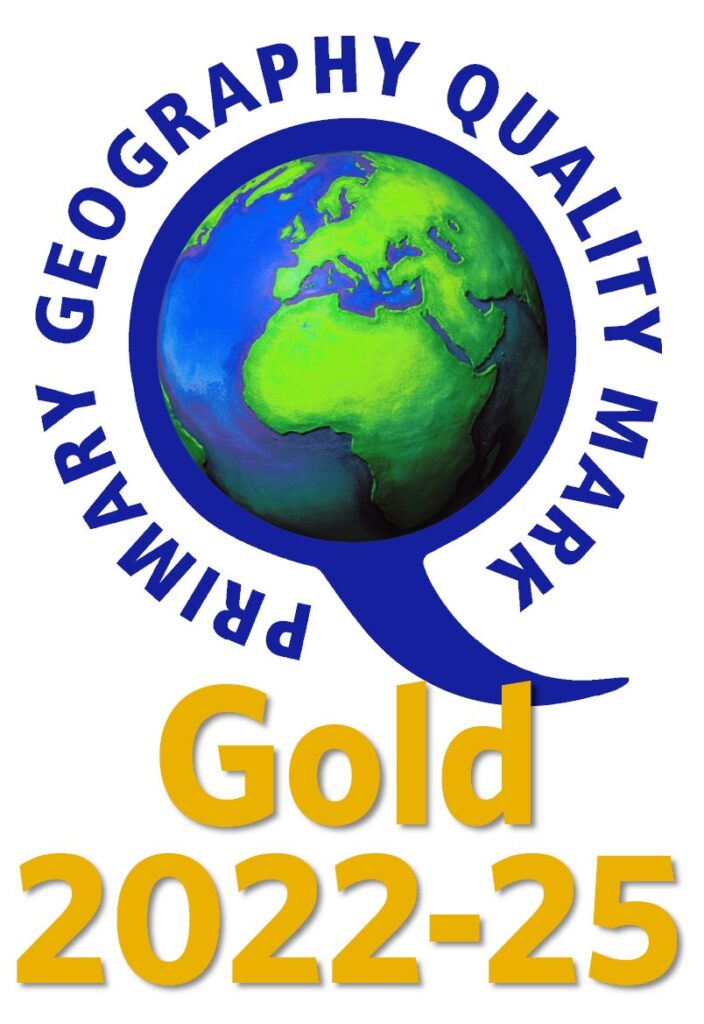History at Bournmoor Primary
The national curriculum for history aims to ensure that all children can:
- know and understand the history of these islands as a coherent, chronological narrative, from the earliest times to the present day: how people’s lives have shaped this nation and how Britain has influenced and been influenced by the wider world
- know and understand significant aspects of the history of the wider world: the nature of ancient civilisations; the expansion and dissolution of empires; characteristic features of past non-European societies; achievements and follies of mankind
- gain and deploy a historically grounded understanding of abstract terms such as ‘empire’, ‘civilisation’, ‘parliament’ and ‘peasantry’
- understand historical concepts such as continuity and change, cause and consequence, similarity, difference and significance, and use them to make connections, draw contrasts, analyse trends, frame historically-valid questions and create their own structured accounts, including written narratives and analyses
- understand the methods of historical enquiry, including how evidence is used rigorously to make historical claims, and discern how and why contrasting arguments and interpretations of the past have been constructed
- gain historical perspective by placing their growing knowledge into different contexts, understanding the connections between local, regional, national and international history; between cultural, economic, military, political, religious and social history; and between short- and long-term timescales.
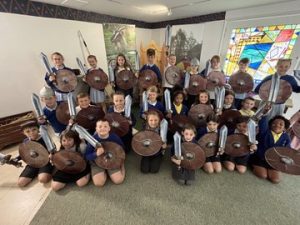
Planning and organisation of the subject
The history curriculum for Key Stage One and Key Stage Two follows the National Curriculum objectives and long-term plans. Planning is completed on the school medium term planning to illustrate skill development, lesson content, learning objectives, resources, amendments and assessment. Pupils use resources to gain a greater understanding of chronology and historical perspective including artefacts, books and source materials. History in the Foundation Stage is taught under the umbrella of ‘Understanding the World and ‘Past and Present’ from the ELG. The children are supported in developing the knowledge, skills and understanding that helps them to make sense of the world.
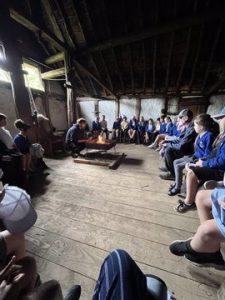
Teaching styles and strategies
As we understand that there are many different history abilities in each class, we ensure that each unit of work has sufficient amendments to allow all children to work at their level of challenge. History may be taught in alternate half terms and can be taught weekly or in ‘block’ sessions as per the needs of the class. Historical topics may also be enhanced and discussed through other subjects e.g. a cross-curricular approach can be adopted. Lessons are enhanced through trips and visits from historical experts. Lessons are taught through an enquiry approach and pupils complete terminology to expand their historical vocabulary. In the EYFS, pupils are encouraged to talk about their families and past and present events in their lives. They gain knowledge and understanding of the world through photographs, stories and role play.
How the subject is assessed
Foundation Stage
Teachers use observations of child-initiated activities and adult led tasks to collect evidence of the level the child is currently working at. They use the set proforma for recording meaningful observations and individual work is presented in the child’s ‘Learning Journal’. Observations, annotations and children’s work are used to provide a full picture of the child’s achievement and working level.
Key Stage One and Two
Teachers assess pupil’s historical knowledge and understanding by using knowledge reviews, questions and quizzes. These are used in conjunction with pupil’s self-assessment sheets. These are completed at the end of each topic to allow teachers to continuously assess a pupil’s understanding of historical strands such as: chronology, historical terms, enquiry, continue and change, causes and consequence, similarities and difference and significance.
Impact
- Both knowledge and skills-based lessons are taught to ensure a richer understanding of history, with positive outcomes for pupils.
- Lessons are stimulating and engaging and allow pupils to develop their understanding of chronology.
- A wide variety of history topics are covered to ensure a rich understanding of history.
- The History long-term overview is well planned and regularly reviewed to ensure that children do not repeat learning with our mixed-age classes.
- History is taught well across the school using a variety of different approaches and this is evident in books.
- We ensure there are opportunities for children to visit museums, access online resources and experience visitors in school.
- The subject leader completes book scrutiny to monitor History across the school.
- Our cluster links with local schools ensures we share good practice and resources to use in our school.
- The ability of teachers to plan learning activities that meet the needs of pupils for their different starting points has been a key focus, with positive outcomes.
- An audit of resources to see what we need to replace and restock occurs to ensure that we can offer stimulating and engaging curriculum resources and source materials.
- The role of subject leaders has been developed to heighten leadership capacity and to enable them to measure the effectiveness of improvement strategies.
